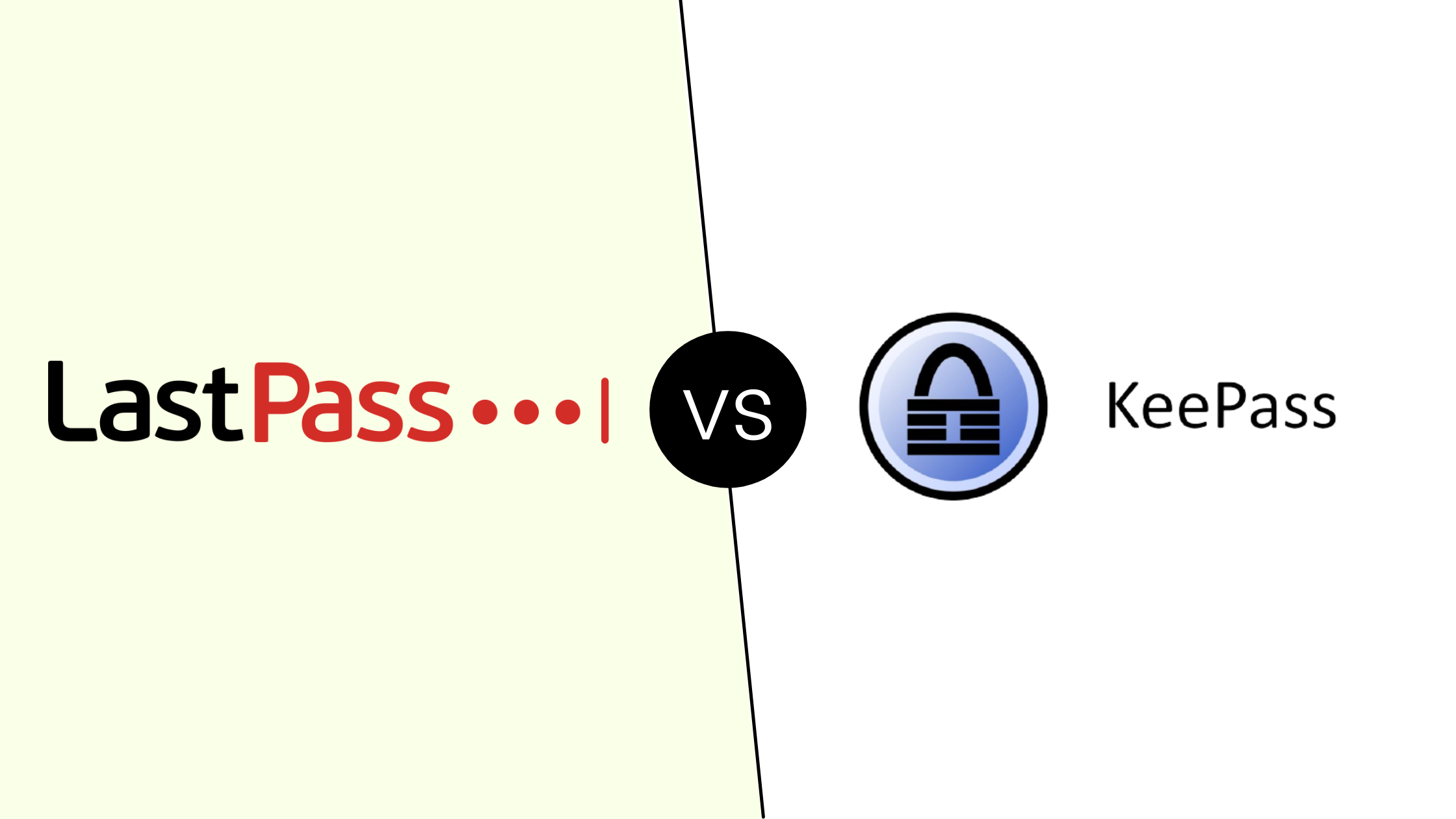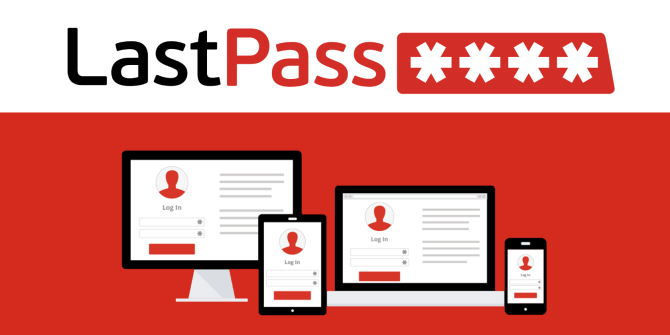

(They were previously set to 100,100)Įach person needs to perform a threat assessment. I've changed the most critical passwords in my vault, changed MP again (I change it at least once a year, usually twice - each time the clocks change like smoke alarm batteries) and made sure that my hash iterations of PBKDF2 are close to 800,000 now. I've tried other managers and I just don't like their implementations of some of the features. The data in your 1Password account is protected by your 128-bit Secret Key, which is combined with your account password to encrypt your data Your 1Password data is kept safe by AES-GCM-256 authenticated encryption. (I've taken select quotes here, as they don't have a "summary" like BW do)Įverything in your 1Password account is always end-to-end encrypted. The organization key is shared via RSA-2048. The default iteration count used with PBKDF2 is 100,001 iterations on the client (client-side iteration count is configurable from your account settings), and then an additional 100,000 iterations when stored on our servers (for a total of 200,001 iterations by default).

Once a Bitwarden server receives the hashed password, it is salted again with a cryptographically secure random value, hashed again, and stored in our database. Bitwarden salts and hashes your master password with your email address locally, before transmission to our servers.
SHA-256 is used to derive the encryption key from your master password. So for that reason I am far happier on bit warden now. even if vaults are stolen, in my opinion it would be hard for someone to crack, especially on mass.

Taking what bitwarden say about encryption. I did look at bitwarden, and their practices around vault encryption are far better than LP. I haven't looked too much at 1password, so do your own research there, i imagine its just as good as the others. The best thing to do here is go look at others encryption.


 0 kommentar(er)
0 kommentar(er)
